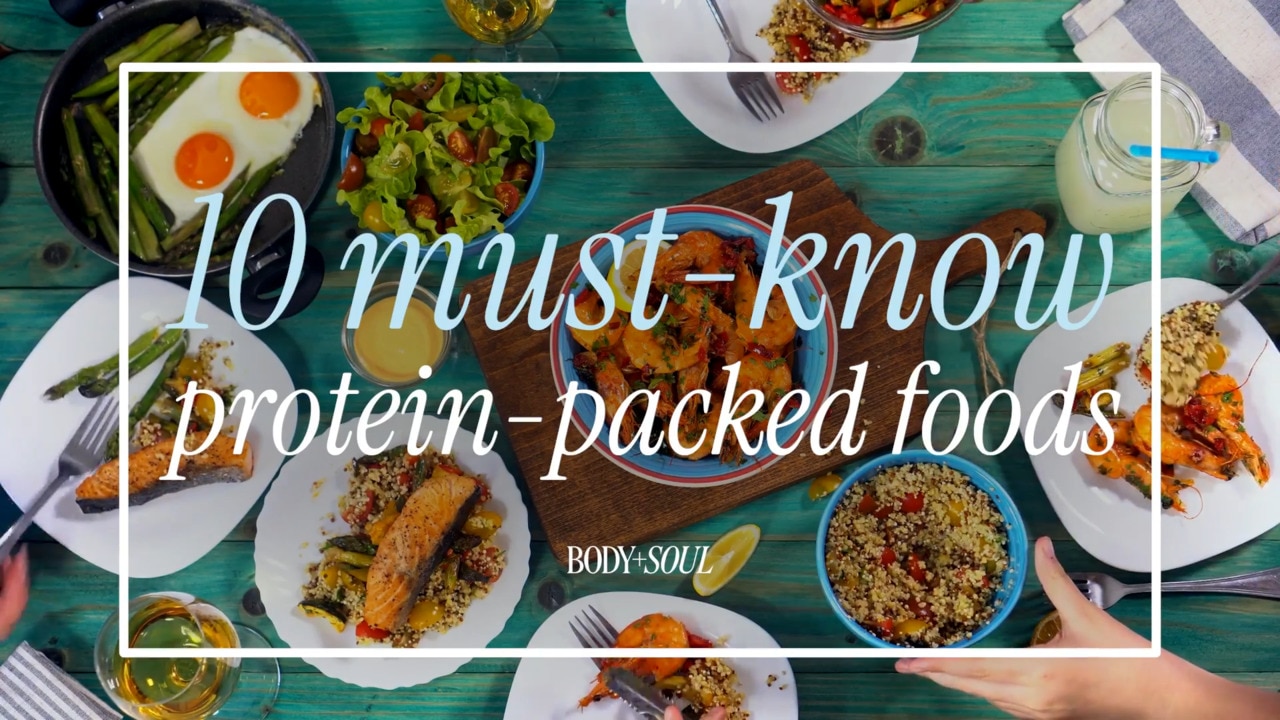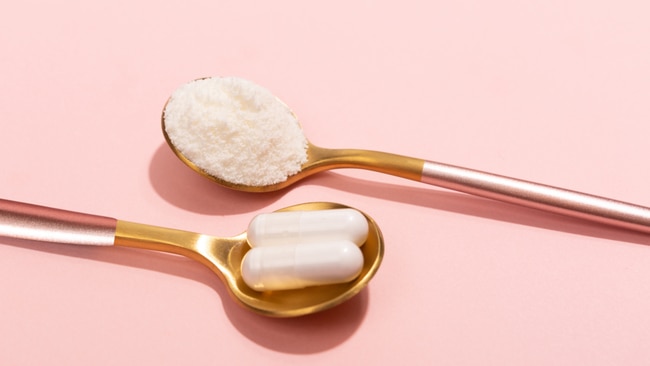The 3 supplements you need to take in every decade of your life
The essentials

Lifestyle
Don't miss out on the headlines from Lifestyle. Followed categories will be added to My News.
It feels like there's a new supplement trending on social media every week, so it can be hard to figure out which can actually benefit your health. Here's a dietitian's guide to the nutrients you need to be prioritising at every age.
With the sheer number of supplements sold at health food shops and chemists, you could be forgiven for thinking that supplements are certainly something we all should be taking for optimal health and wellbeing.
While an adequate diet will tick the box on the majority of key nutrients we need, busy lives and dietary preferences can mean our intake of some nutrients can be on the low side.
As a checklist, here are some of the key nutrients that we are more likely to be lacking in as we move through each decade of our lives.

Your 20s
While youth does help to protect from some of the increasing nutritional requirements of the 40s and beyond, your 20s is certainly a time to help slow and reduce the metabolic damage that occurs daily due to the effects of stress, the environment and our diet.
Vitamin D
If you work indoors and are strict with sun protection, ensuring an adequate intake of Vitamin D is crucial for long-term disease prevention. If you do need, or choose to supplement, always take Vitamin D with food as it requires fat for optimal absorption.

Iron
For those who exercise regularly, have heavy periods or do not eat red meat regularly, it may be prudent to top up your iron intake if blood test results suggest low iron levels or stores.
Collagen
While beauty products focus on collagen supplementation as we age, the truth is that you are better to supplement levels when your collagen production is still high rather than wait until levels naturally decline.

Your 30s
Calcium
While calcium is commonly recommended as a supplement in the post-menopausal years, it is actually much more important to prevent small amounts of bone loss in our younger adult years.
This is something to consider if your regular choice of milk is plant-based, as not all varieties come with added calcium, or if you don't consume much milk in your diet at all.
Folate
If you are planning a pregnancy, ticking the box on folate intake is crucial, but be mindful that many preconception and pregnancy multivitamins contain megadoses of micronutrients which may not suit everyone.
This is especially true if you have an MTHfR gene mutation, when you will need a methylated form of folate rather than a typical pregnancy and conception supplement.

Iodine
It is estimated that 50% of women of childbearing age have low iodine levels, which can negatively impact metabolism, cognitive function and the brain development of children. Choosing iodised salt will help to ensure an adequate intake of this important nutrient, as will an oral supplement especially if planning to conceive.
Your 40s and beyond
Creatine
The hottest supplement of 2025, there is growing research to show there are a number of benefits associated with bumping up our intake of creatine in the peri menopausal years.
Women have 70-80% less creatine than men, and supplementing levels is thought to help optimise body composition, support cognitive function and even mood.

Magnesium
Magnesium is found naturally in a number of foods including leafy greens, nuts and seeds, but it is a nutrient that can be lacking in the diets of busy people and for this reason, increasing our intake may aid muscle recovery, sleep and energy levels.
Omega 3
The peri and menopausal years are associated with an increase in a number of inflammatory issues linked to metabolic diseases, including diabetes, and for this reason increasing your daily intake of the natural, anti-inflammatory fats is an easy way to buffer this effect in the body.
More Coverage
Originally published as The 3 supplements you need to take in every decade of your life





